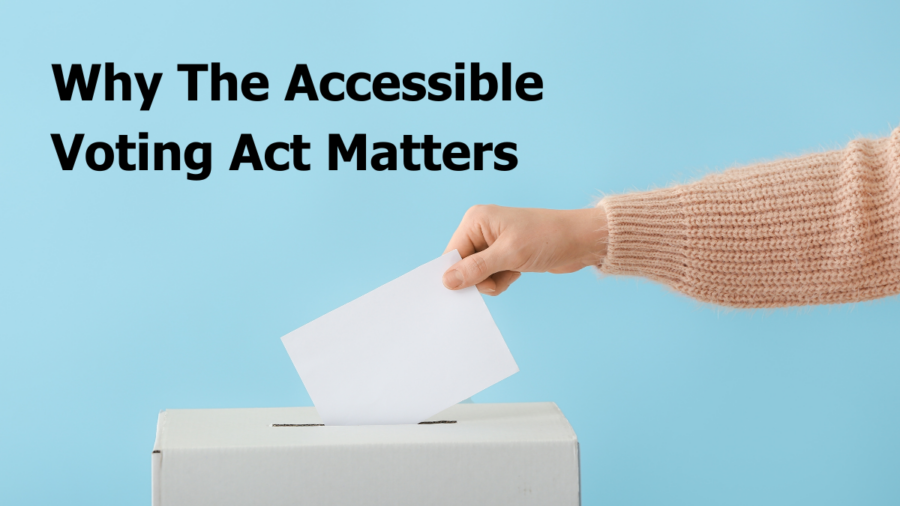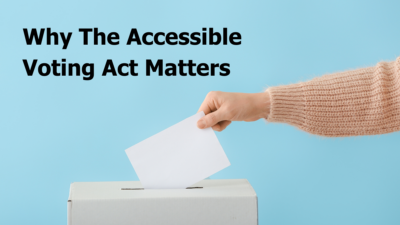 Washington, D.C., March 18 – This past week, reports confirmed that the Department of Education has implemented massive layoffs, cutting nearly 50% of its workforce. These cuts directly impact the Office for Civil Rights, along with the Office of Special Education. Disability Belongs™ expresses deep concern over this unprecedented move, fearing that it signals a disturbing trend aimed at dismantling an essential institution that supports American families and students, especially those with disabilities.
Washington, D.C., March 18 – This past week, reports confirmed that the Department of Education has implemented massive layoffs, cutting nearly 50% of its workforce. These cuts directly impact the Office for Civil Rights, along with the Office of Special Education. Disability Belongs™ expresses deep concern over this unprecedented move, fearing that it signals a disturbing trend aimed at dismantling an essential institution that supports American families and students, especially those with disabilities.
Disability Belongs™ recognizes these layoffs as part of a larger strategy that threatens the educational landscape for countless students. The ramifications of such drastic workforce reductions are far-reaching, directly impacting the protections afforded to public school students, particularly those facing discrimination and inequitable educational experiences. The current environment raises serious concerns about the ability of students to raise complaints and receive the necessary support to ensure their rights are upheld. [continue reading…]



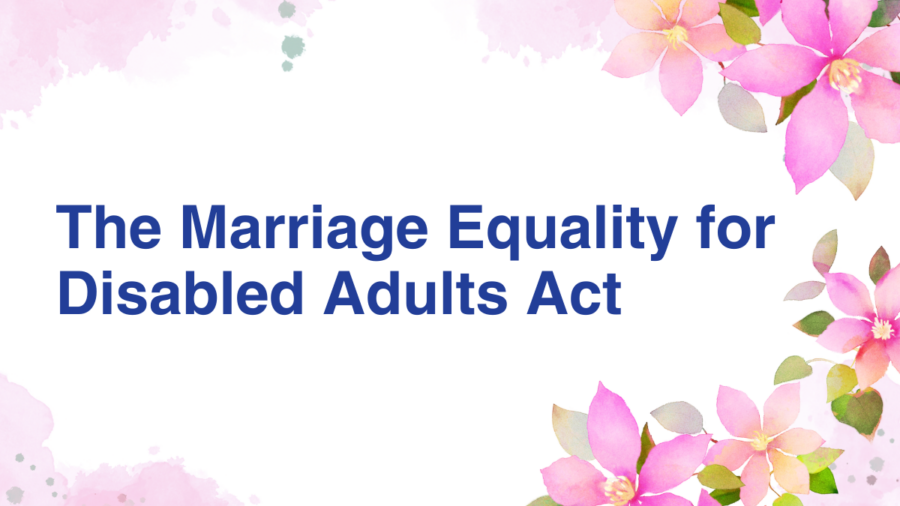
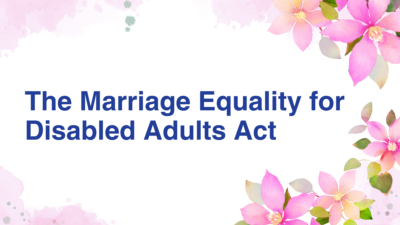 Under current law, more than one million Americans with lifelong disabilities who receive benefits as ‘Disabled Adult Children’ (DACs) lose their Social Security and Medicare benefits if they marry a non-disabled person. This can severely limit disabled individuals from having access to lives of their choosing, including marriage. People shouldn’t have to choose between marriage to the person they love and losing their benefits.
Under current law, more than one million Americans with lifelong disabilities who receive benefits as ‘Disabled Adult Children’ (DACs) lose their Social Security and Medicare benefits if they marry a non-disabled person. This can severely limit disabled individuals from having access to lives of their choosing, including marriage. People shouldn’t have to choose between marriage to the person they love and losing their benefits.
 At Disability Belongs™, eliminating barriers to work and advancing competitive, integrated employment (CIE) is one of our top policy priorities. We are committed to ensuring all workers are valued and paid fairly in inclusive workplaces. The path to fair wages and inclusive employment for disabled workers is a challenging one, but with your continued support we can help make it a reality. That starts with legislation that ensures all employees be compensated fairly and equitably.
At Disability Belongs™, eliminating barriers to work and advancing competitive, integrated employment (CIE) is one of our top policy priorities. We are committed to ensuring all workers are valued and paid fairly in inclusive workplaces. The path to fair wages and inclusive employment for disabled workers is a challenging one, but with your continued support we can help make it a reality. That starts with legislation that ensures all employees be compensated fairly and equitably.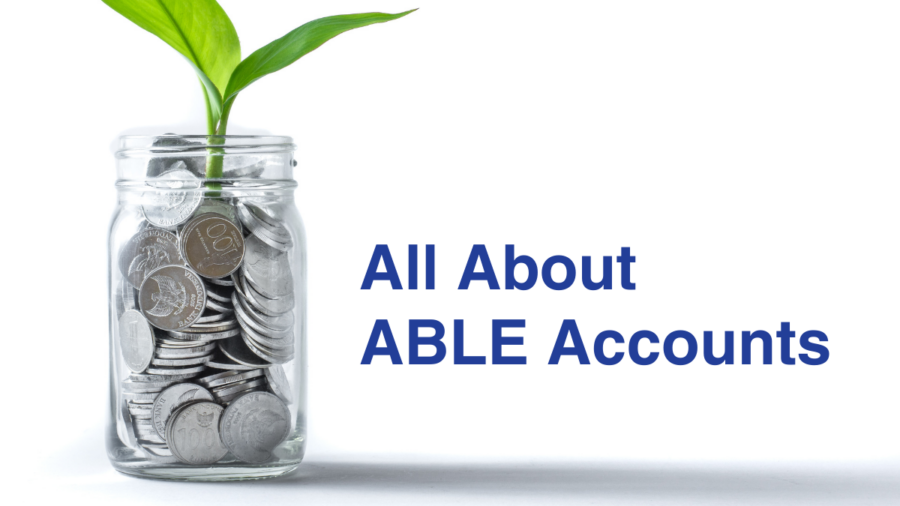
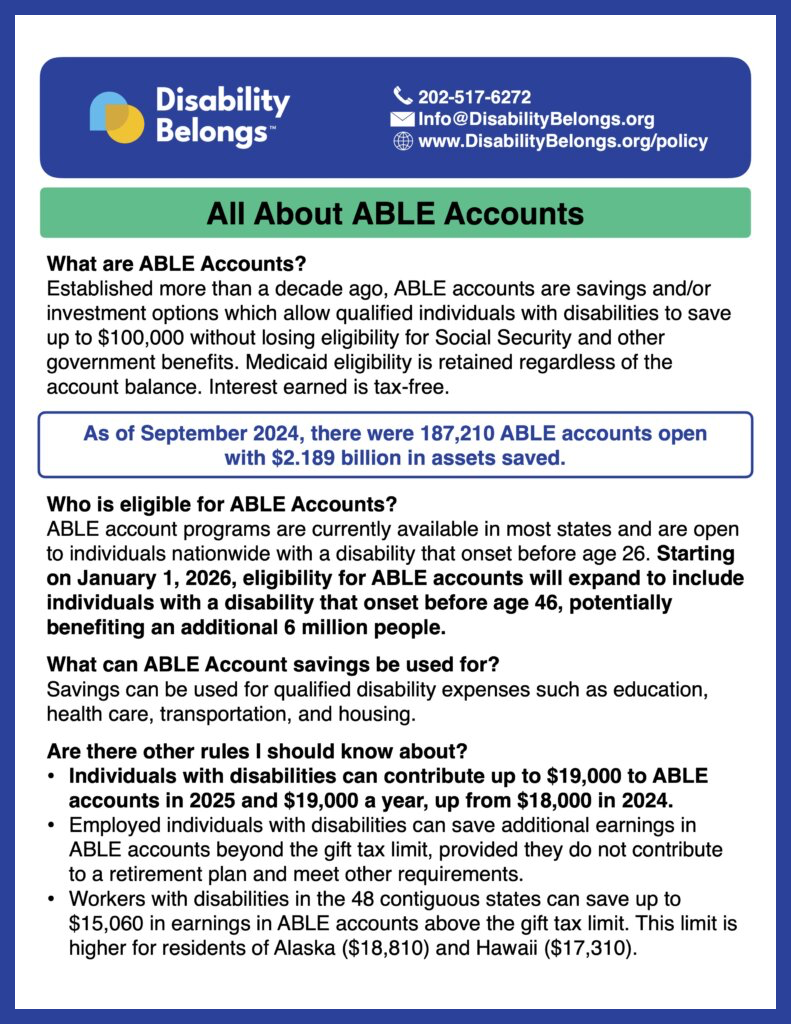
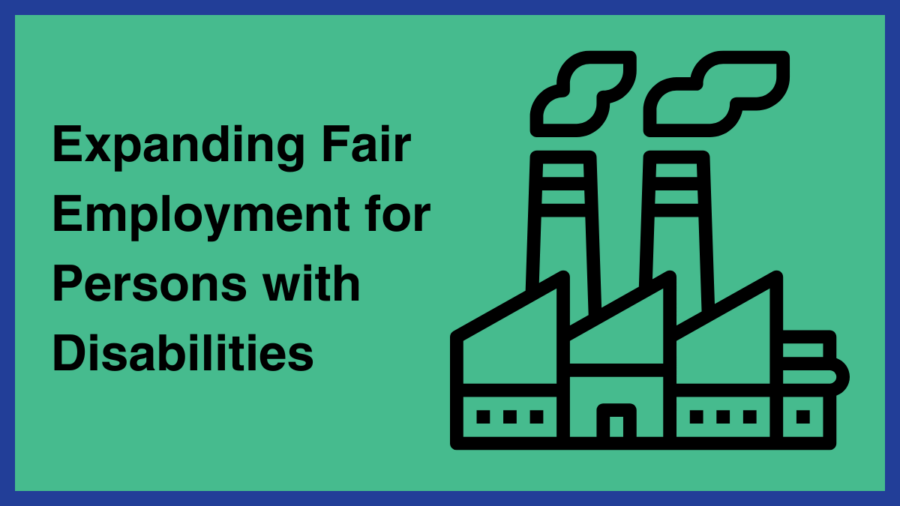
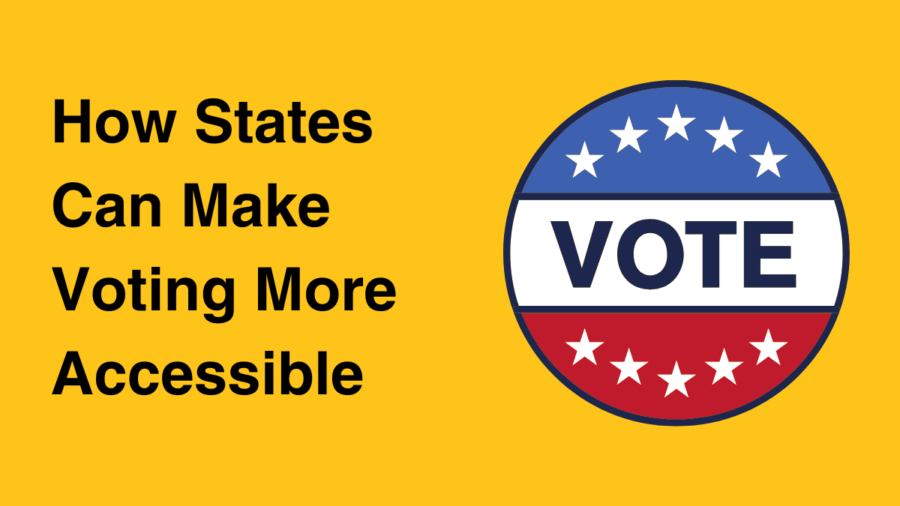
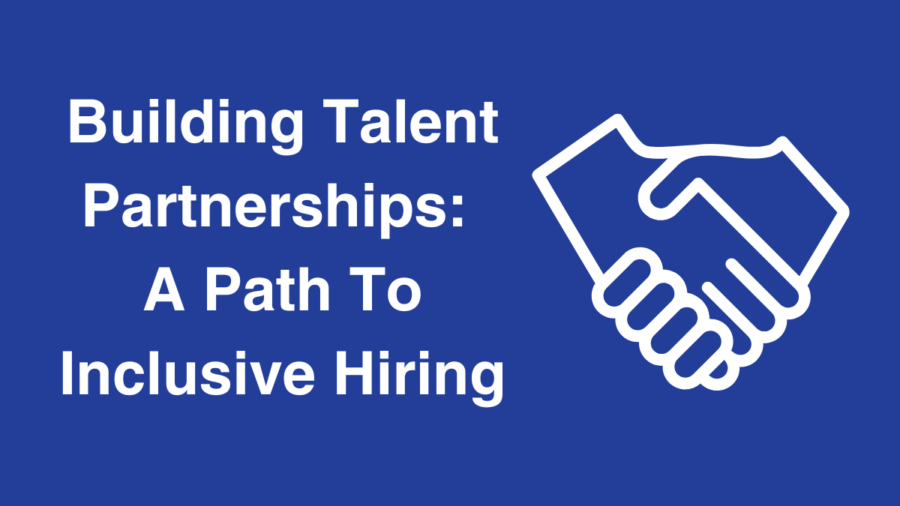
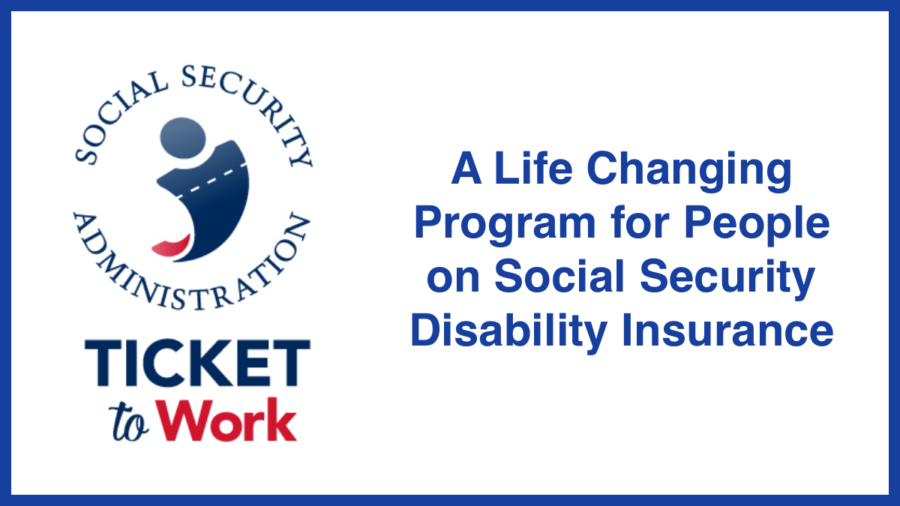
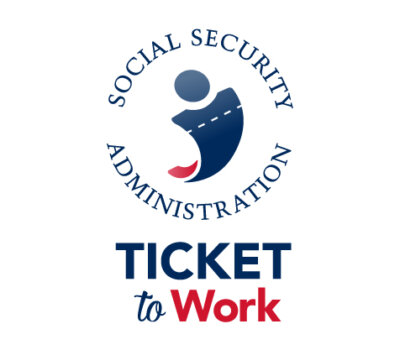 According to
According to 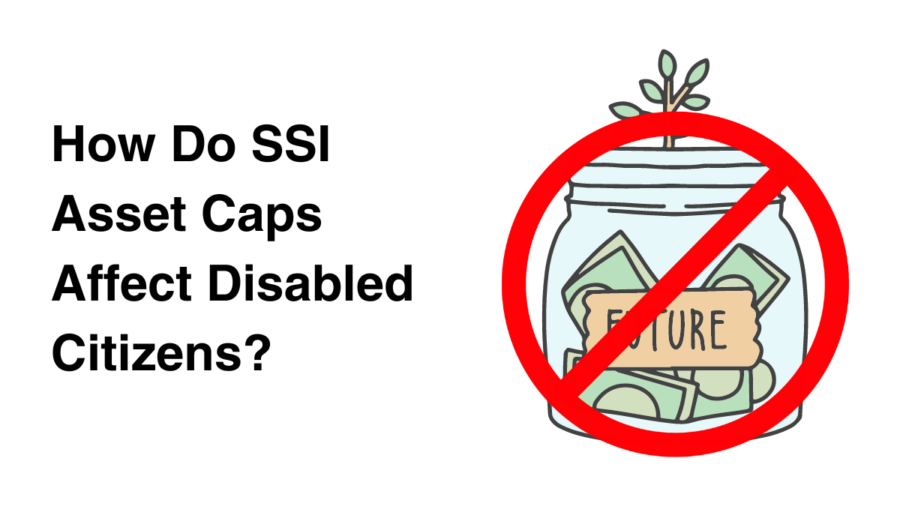
 Assets are defined as the resources you own, including cash, money in checking or savings, cash surrender value, stocks and bonds, cars, and real estate. Under Supplemental Security Income (SSI), individuals cannot exceed an asset cap of $2,000, while married couples have a cap of $3,000.
Assets are defined as the resources you own, including cash, money in checking or savings, cash surrender value, stocks and bonds, cars, and real estate. Under Supplemental Security Income (SSI), individuals cannot exceed an asset cap of $2,000, while married couples have a cap of $3,000.